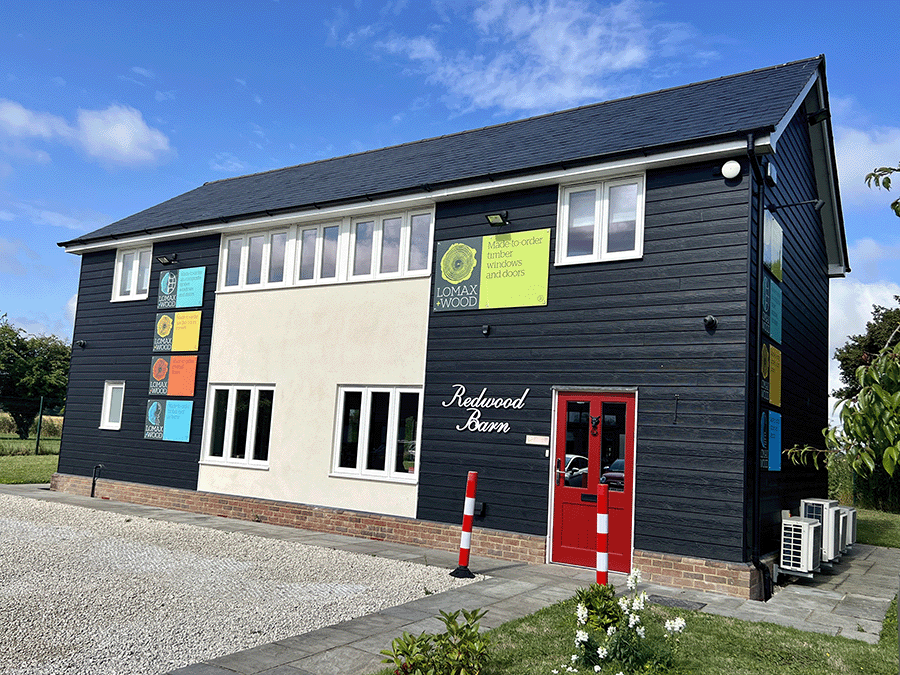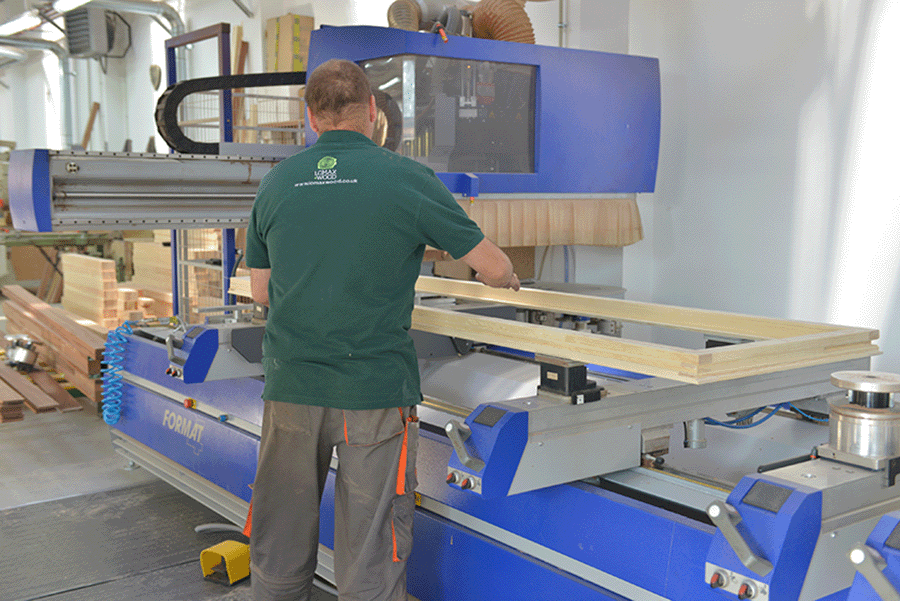Why Timber Windows Are Ideal for Conservation Areas and Heritage Properties
- 26 November 2024|
- News
Conservation areas, while essential for protecting the unique character and historical significance of our built environment, can pose unique challenges when it comes to restoring or replacing windows.
Choice of materials and design is often crucial, and architects and developers working with window replacements in conservation areas must be careful to select windows that complement the existing property.
Timber, historically the go-to material for window design, remains a valuable choice in restoration projects.
As specialists in traditional joinery and heritage designs, at Lomax + Wood, we understand the unique challenges and strict requirements that come with working in conservation areas. Our expertise in crafting authentic, high-performance timber windows for properties in conservation areas has made us a trusted partner for architects, developers, and homeowners working on conservation projects.
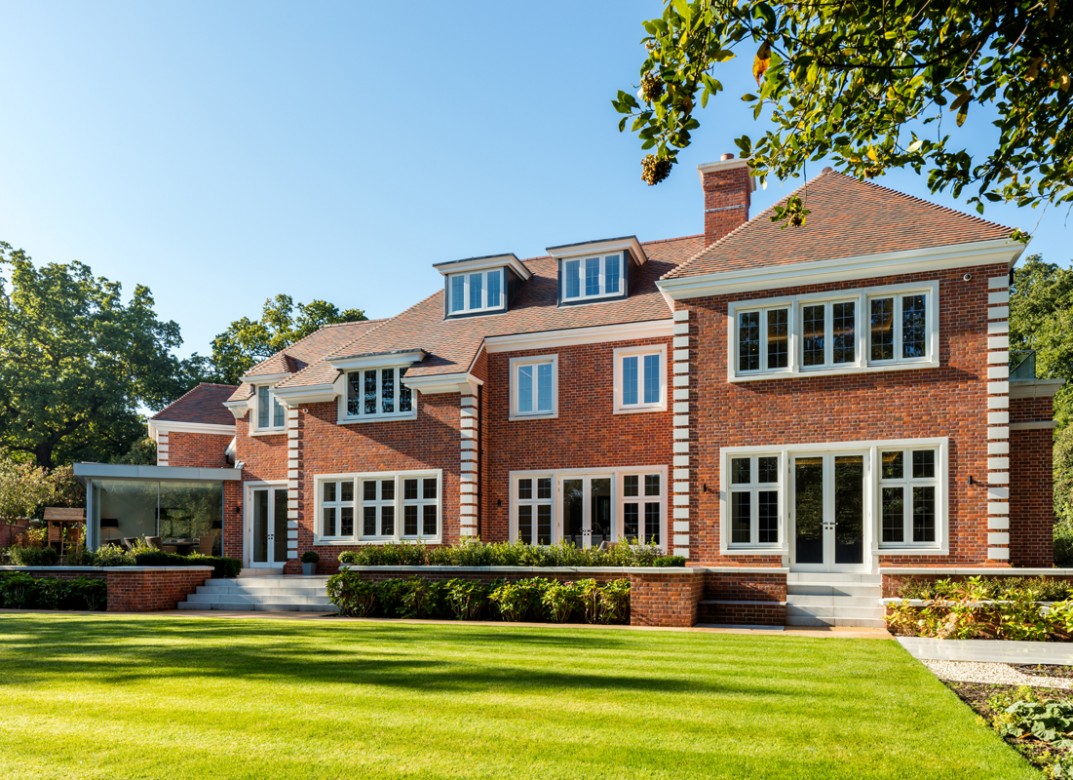
Understanding conservation areas and their requirements
Conservation areas are designated zones of special architectural or historic interest that merit careful protection. In England alone, there are over 10,000 conservation areas, each with its own distinctive character. Local authorities implement strict guidelines to preserve these areas’ special qualities, particularly regarding architectural features like windows.
When it comes to windows in conservation areas, planning authorities typically require replacements to match the original designs and materials. This means maintaining the authentic appearance of the building while meeting modern performance standards. Any alterations or replacements usually require planning permission.
Approved materials in conservation areas
While modern materials like uPVC have become popular in standard residential properties, they are usually not permitted in conservation areas.
Planning authorities generally favour traditional timber windows because they maintain historical authenticity and aesthetic integrity. Most historic windows were crafted using timber frames, and timber has been the traditional material of choice for centuries, offering both durability and visual appeal that aligns with conservation requirements.
Most local authorities specifically prohibit the use of uPVC in conservation areas due to its modern appearance and inability to replicate the fine details of traditional joinery. Aluminium windows are similarly restricted, though aluminium-clad windows may be acceptable in some cases where they can demonstrate appropriate design sensitivity.
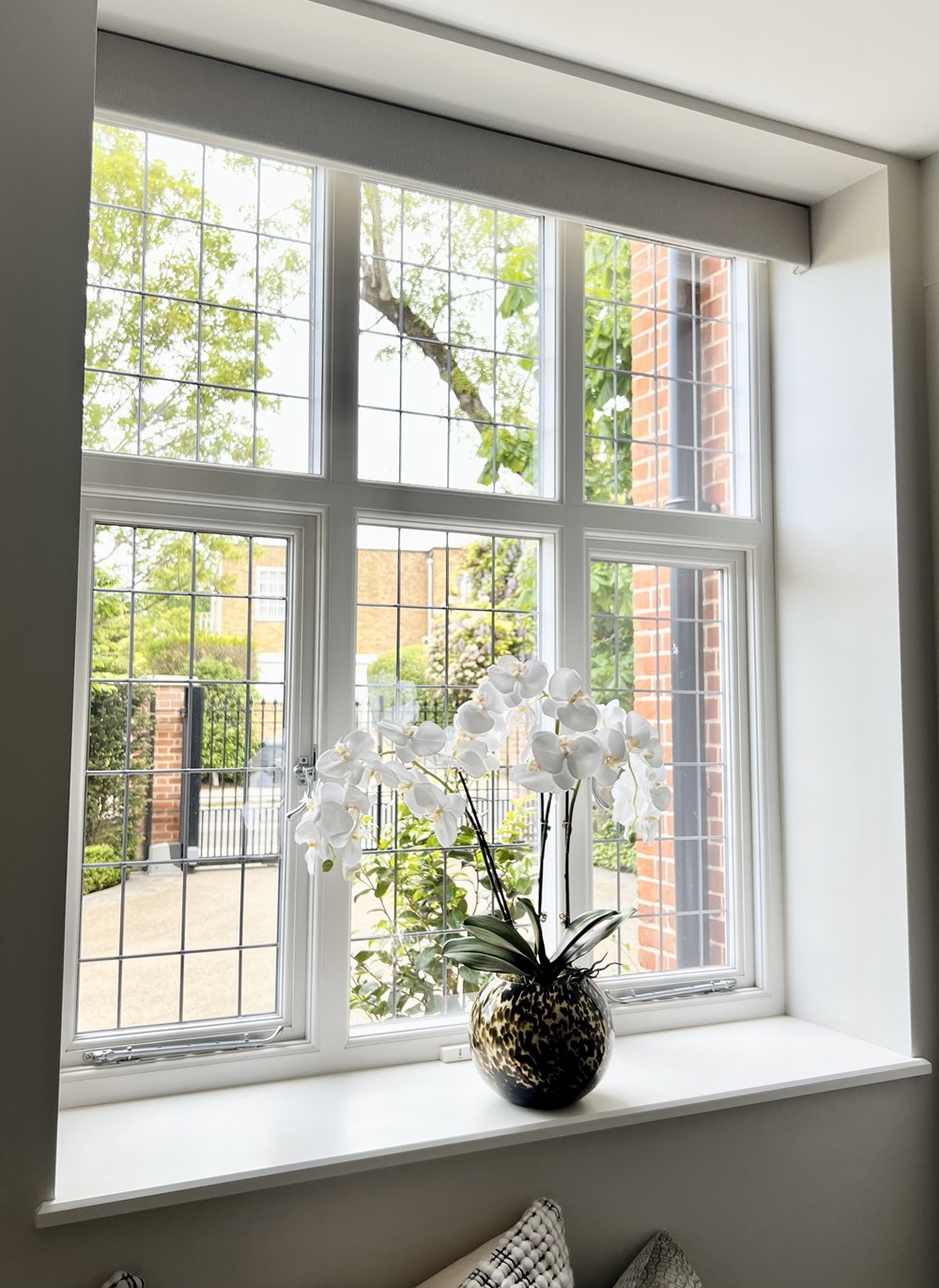
Do all conservation areas have the same regulations regarding window replacements?
No, conservation area rules for window replacements vary by area. While general principles around preserving the existing character of the area apply, specific rules can differ based on the local authority and area’s unique characteristics. To ensure compliance, it’s crucial to consult with your local planning authority for accurate guidance.
The benefits of timber windows
Wooden windows aren’t just an excellent choice because they are so often approved for use in conservation areas; there are many other advantages to choosing timber windows for a wide range of projects and installations.
One benefit is the longevity of timber; when properly maintained, these windows can last between 60-80 years, significantly outlasting modern alternatives.
Timber windows are also naturally insulating. At Lomax + Wood, our wood windows are crafted with energy efficiency in mind; their natural properties deliver excellent thermal and acoustic insulation, making them an excellent choice for heritage properties.
Another key advantage of timber windows is their repairability. Unlike modern materials which often require complete replacement when damaged, timber can be repaired and restored, reducing lifetime costs.
A green solution for conservation areas
At Lomax + Wood, our wooden windows aren’t just a great choice because of their aesthetics or performance; our windows also provide a greener choice for those looking to reduce the environmental impact of a window replacement project.
All of the timber in our wooden windows is sourced from FSC® Chain of Custody or PEFC-certified forests, ensuring sustainably forestry practices. We are also proud to support the World Land Trust. For every product sold, we donate £1 to WLT’s Buy an Acre scheme, helping protect vital habitats worldwide.
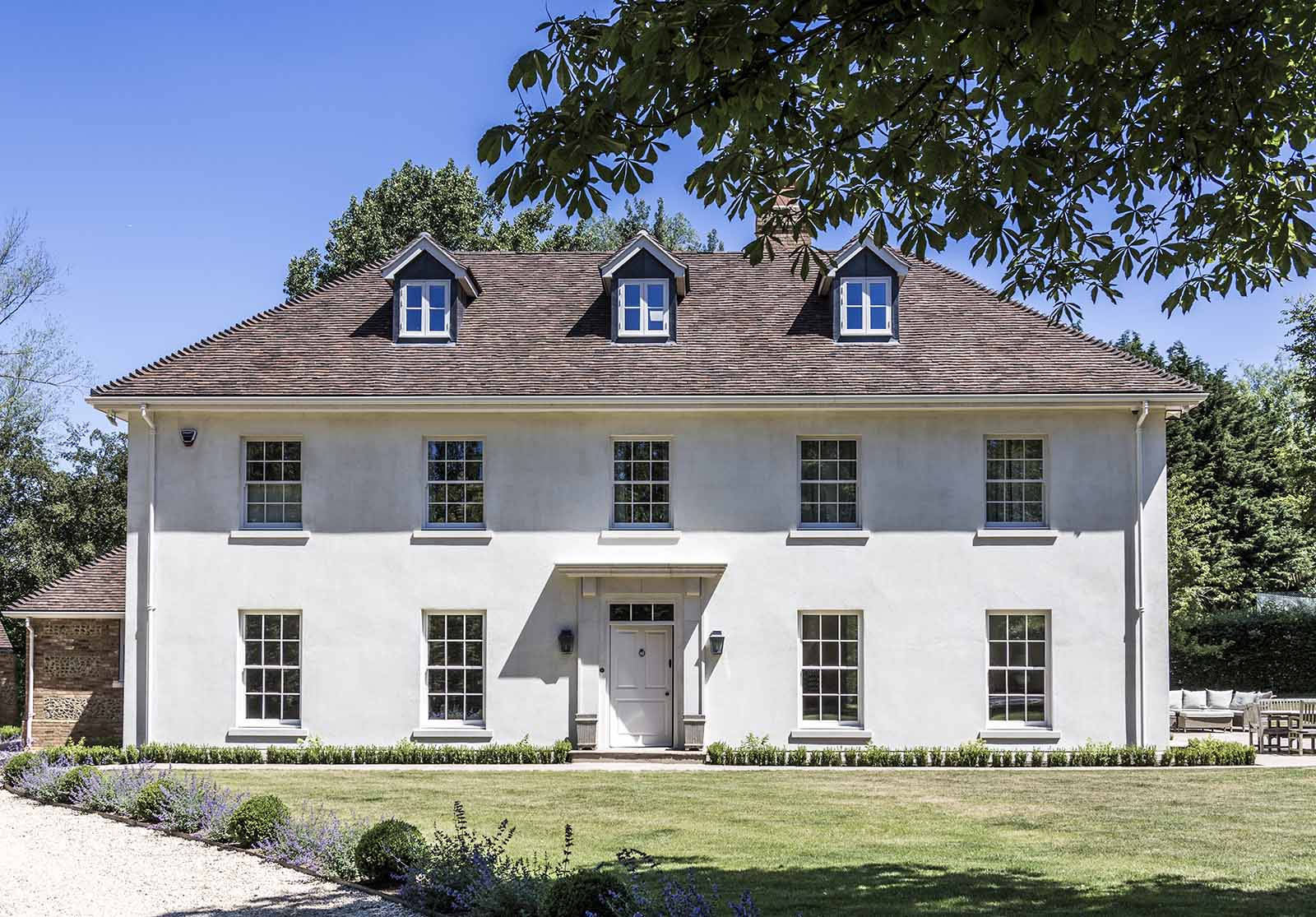
Lomax + Wood’s heritage window solutions
With roots dating back to 1994, Lomax + Wood specialises in manufacturing high-performance timber windows that meet conservation area requirements.
Our traditional box sash windows feature weighted or spring balance mechanisms. We offer various glazing bar configurations, with optional sash horns to match period details precisely. We also offer both single glazed windows and double glazing.
Additionally, our wooden casement window range is an ideal choice for architects, developers or homeowners seeking timber windows for conservation aeras. Multiple opening configurations are available, and all are manufactured with period moulding details for an authentic look.
Supporting architects and developers
For architects working on conservation projects, Lomax + Wood provides comprehensive technical support and documentation to assist with planning applications. Our experienced team understands the complexities of conservation area requirements and offers detailed technical drawings for planning approval. We conduct thorough site surveys, offer expert guidance, and provide BIM Files and CAD drawings.
We’ve also been involved in many projects within conservation areas – such as this installation of timber sash windows in a conservation area in Notting Hill. Visit our case studies page to view more examples of new windows installed in listed buildings and in conservation areas.
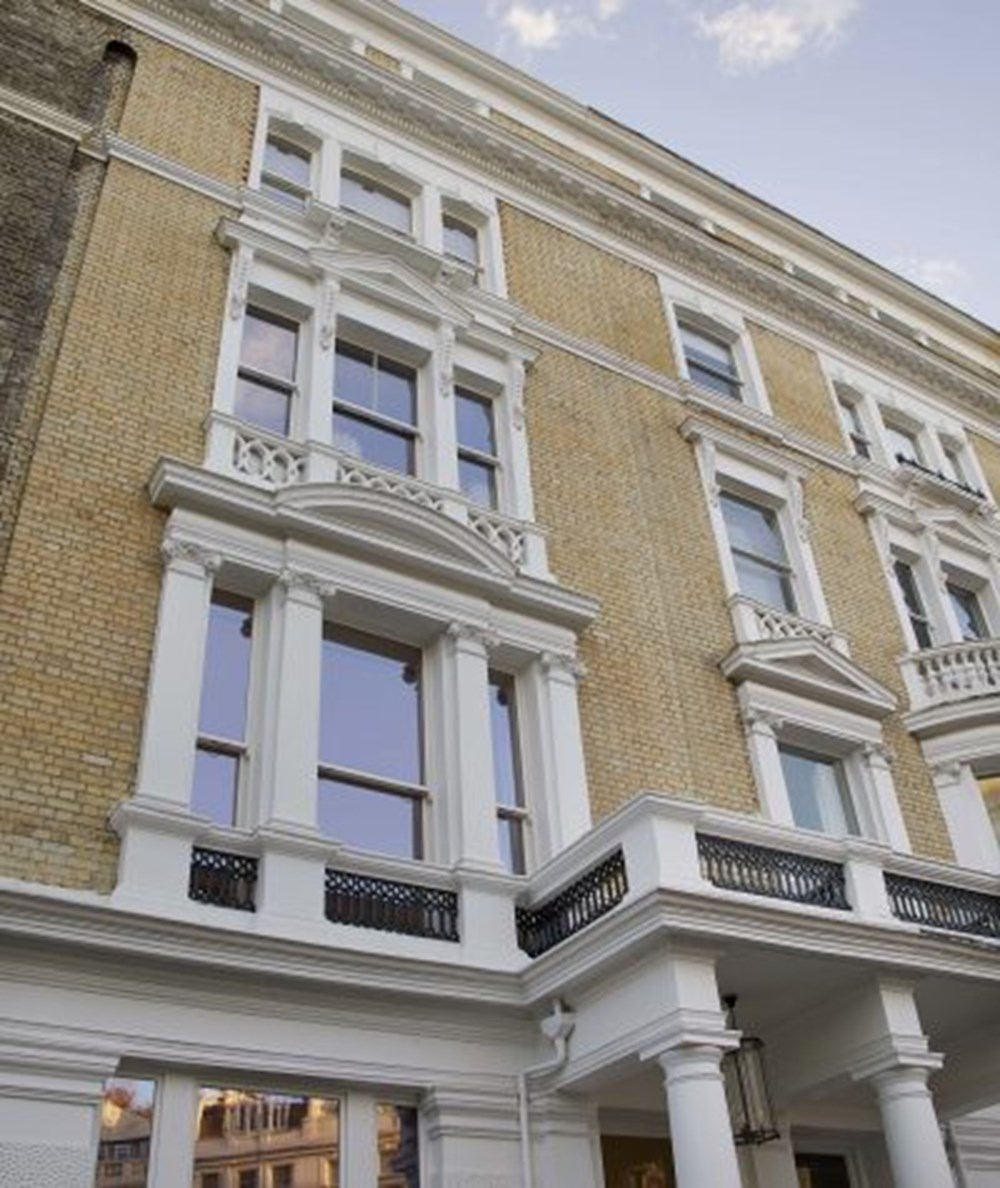
Timber windows conservation areas: get in touch today
If you’re working on a project in a conservation area and need guidance on suitable timber windows, our team is here to help. With decades of experience in heritage properties, we can provide the expertise and products you need to achieve planning approval while maintaining historical authenticity.
Our consultation process begins with an initial discussion of your requirements, followed by technical guidance and specifications. We can provide detailed quotations, and throughout your project, you’ll receive full support from design to installation, ensuring a smooth and successful outcome.
Contact us today for further information or to discuss your requirements. Call 01277 353857 or use our online contact form to find the perfect windows for your conservation area project.

